Kenya
Haiti's prime minister arrived in Kenya on Thursday to try to salvage a plan for the African country to deploy 1,000 police officers to the Caribbean nation to help combat gang violence.
Kenya agreed in October to deploy an international police force authorized by the UN in Haiti, but the Kenyan High Court ruled this plan unconstitutional in January, in particular, because of the absence of "reciprocal agreements" between the two countries.
Haitian Prime Minister Ariel Henry's office said he was traveling at the invitation of Kenyan President William Ruto to "finalize the modalities" of agreements between the two countries on the deployment, which would send 1,000 Kenyan police officers to Haiti.
It could not immediately be determined how, or if, the agreements could circumvent the court's ruling, which also said the Kenya National Police Service cannot be deployed outside the country.
Mr Ruto and Mr. Henry met at State House in Nairobi on Thursday.
Mr Ruto said in a post on X that Kenya partners with the Haitian people because of a common heritage. “We are offering the experience and expertise of our police” for the multinational security support mission in Haiti, Ruto said.
Ekuru Aukot, an opposition leader who challenged the deployment in court, said that even if the Kenyan government established a proper agreement with Haiti, its prime minister did not have the legitimacy to sign the document on behalf of the country.
Mr. Henry has repeatedly pledged to hold elections since he was sworn in as prime minister and interim president following the assassination of President Jovenel Moïse in July 2021, but he and other officials say that gang violence has not allowed them to move forward with these promises.
Caribbean leaders said on Wednesday that Mr Henry had agreed to hold general elections by mid-2025.
Mr Aukot said he also opposed the deployment because Kenya faces security challenges that require police intervention. Among them, the extremist group al-Shabab, based in Somalia and linked to Al-Qaeda, has been carrying out retaliatory attacks since 2011 against Kenya, which sent its troops to Somalia to fight terrorists. He also cited high rates of crime, including cattle rustling in northwest Kenya.
Human rights groups have also noted that Kenyan police have for years been implicated in human rights violations, including extrajudicial killings.
In Haiti, gangs have become more powerful, and political instability has increased since the assassination of President Moïse, who faced protests calling for his resignation over accusations of corruption and allegations that his five-year term had expired.
More than 8,400 people were killed, injured, or kidnapped in Haiti in 2023, more than double the number in 2022. Gangs continue to compete for territory and are estimated to control up to 80% of Port-au-Prince. -Prince.



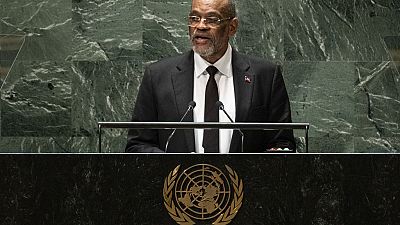

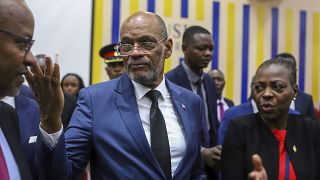
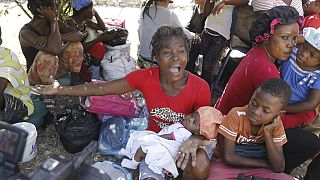

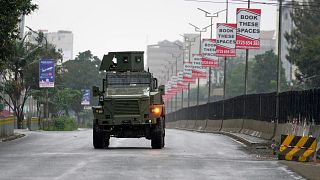
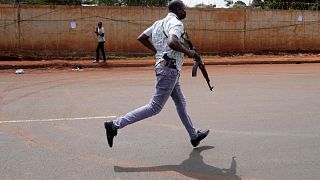



01:07
Only 35% of sustainable development goals on track to meet target, UN says
01:11
UN mission to Haiti extended for another six months
01:07
UN-Russia agricultural export memorandum will not be extended
01:13
Forty years and counting: CAR once again postpones local elections
01:13
UN warns of worsening violence and mass displacement in Haiti, in new report
Go to video
ICC warns of a dire humanitarian crisis in Sudan as the war rages on